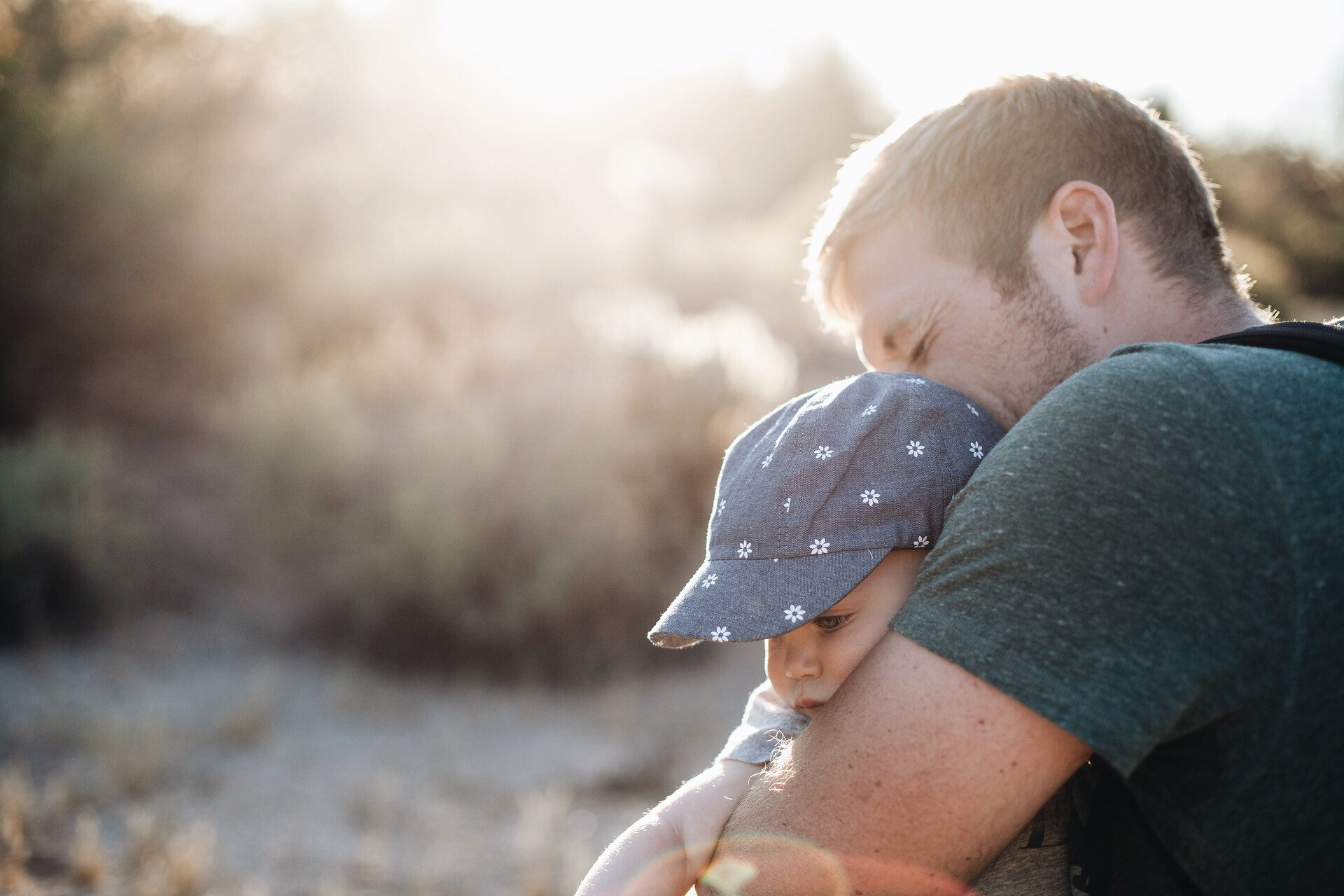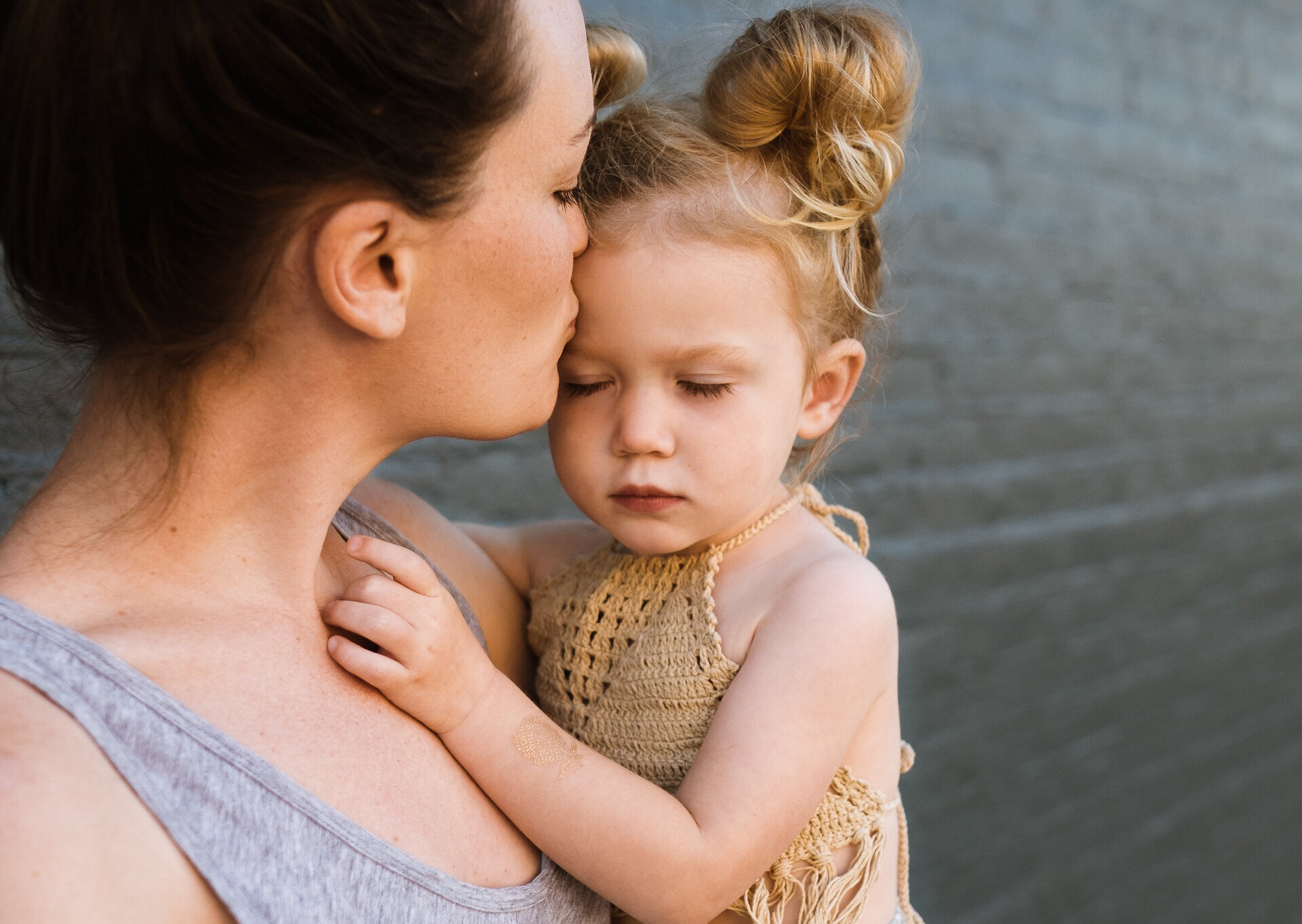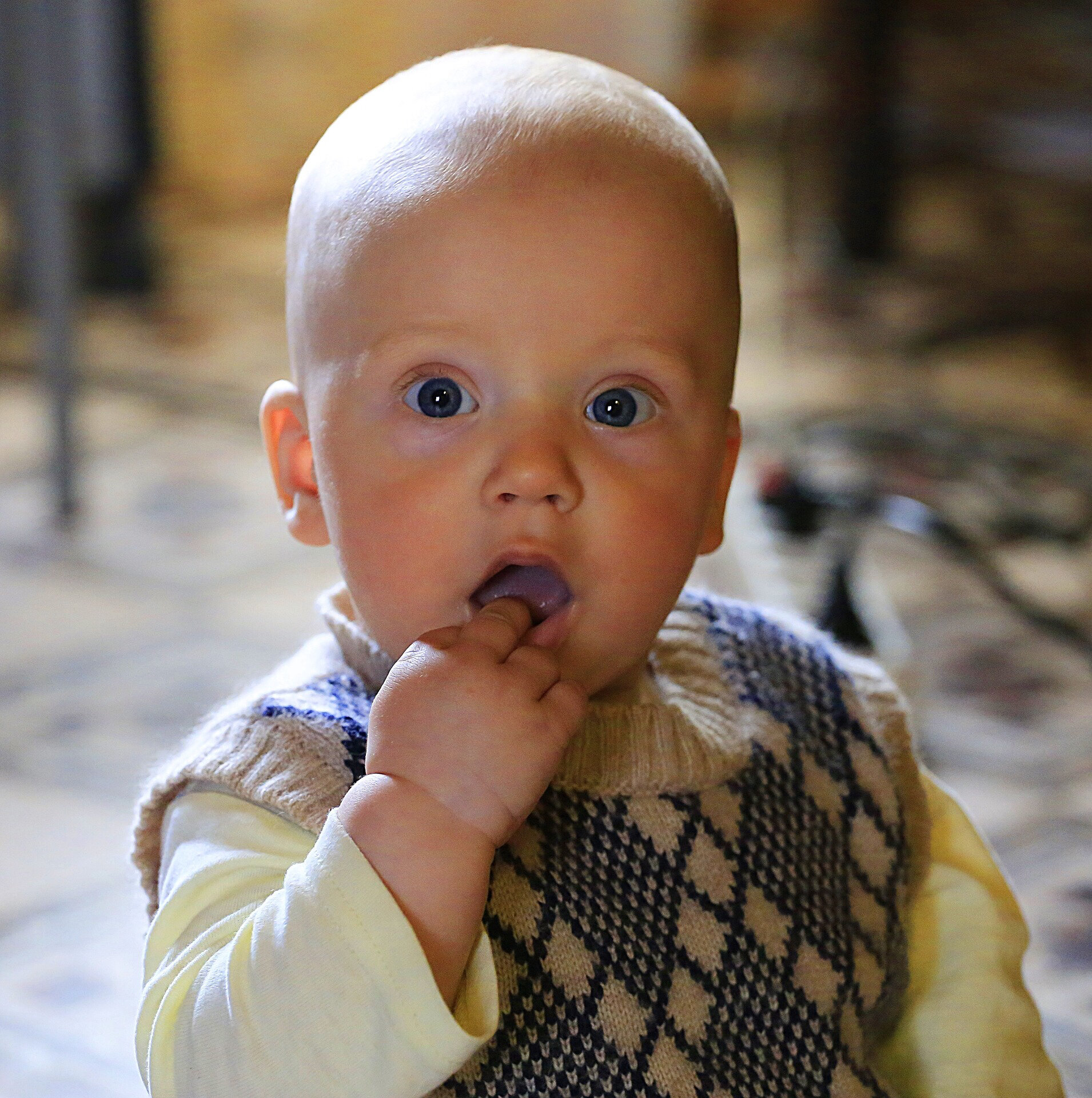Don't leave me! Separation Anxiety and how to manage it...
Written by Claire Burgess, Family Consultant
Over recent weeks I have been getting lots of questions about how to deal with babies and young children who are getting really upset when a parent or other main carer such as a nanny, grandparent etc is leaving them, whether this is going to school or nursery, or even just to go to the bathroom!
A normal developmental stage
When a baby/child gets upset like this it is obviously very distressing for them but also for the adults involved. It can be exhausting and at times frustrating when all you want is to be able to leave the room for a couple of minutes…or even seconds. If it offers any comfort, this is a completely normal developmental stage that all children go through at varying times and to varying degrees of upset. It is most common from around the age of 6 months through to 3 years. It can also happen when children are older, particularly around times when the children have a big transition (change) like going to school.
When looking at typical separation anxiety in the under 3s, your baby/child is learning how bonds with different people feel to them and how to manage these feelings. It is a sign that you baby has developed a realisation that they are dependent on people who care for them. This can be with parents but also other key adults who might care for them such as grandparents, a nanny or a nursery practitioner.
Separation anxiety (the official name for what’s happening) is first seen around the 8-9 month mark when babies develop what is known as object/people permanence. Prior to this point your little one hasn’t had the understanding that even though they can’t see something, it does still exist. Around 8-9 months old your baby will have become more aware of their surroundings and it is often at this stage that they don’t feel as safe without you around.
All of this needs to be looked at from a positive viewpoint. If your baby or child is getting upset when you are leaving them, this means that they have developed very strong feelings for you and don’t want to be away from you – take this as a huge compliment!
The baby/child’s reaction can also vary between people, it can sometimes just be one key person who the little one might be struggling to separate from. It is often the parents but it is important to note that it can also be with other significant adults such as a grandparent, nanny or sometimes a sibling. Relationships with different people will develop at different times meaning that your child may cry for someone other than you depending on where they are in their attachment and bonding process.
From the adult perspective
One of the ways that I try to look at this stage is to consider what happens in an adult situation. Imagine you are at the airport and you are saying goodbye to someone who you love very much. You don’t know when they are going to come back; it could be in a day, a week or a year, you just don’t know. Think about how you would feel in this situation - Sad, anxious, uncertain? The behaviours you might show are crying, wanting to cuddle and be close to that person, be with them as much as possible in the lead up to them leaving. These can be the feelings and behaviours that your little one experiences each time you leave the room. Young children at this stage have no concept of time and don’t understand what it means when you say, “I’m coming back”, you might be coming back, but when? For them it feels like it might be a day, week or even a year! Children feel emotions in exactly the same way that we do as adults (possibly with even greater intensity as they have not yet learnt how to regulate these emotions) and we need to empathise with these feelings.
Reassurance is key
Your baby/child will move through this stage, however your response to it can impact on the length of time that it continues. Being consistent and reassuring for your child will help them to move through the stage quicker. You should be sensitive and responsive to your little one at this time as they need to have reassurance and to feel safe. Over the years I have seen this stage in babies/children’s lives approached with ‘tough love’ and possibly the idea that ‘the more I leave them/keep leaving the room the more used to it they will be become’. By continually leaving your child it will actually heighten the feeling for them and make them feel more anxious about you coming and going. Pulling away from them does not give them the right signals in forming healthy attachments. Obviously, there are times where you do need to leave them, it might be to go to work for example. This of course can’t be avoided or stopped, but talking to your baby/toddler and explaining that you know that they are going to miss you, you are going to miss them too but you will be back after lunch/dinner/bathtime etc will help enormously. Even with the youngest of babies it is important to use emotional language and explain what is happening, this will help to offer reassurance and even if they can’t answer you, they are likely to have a good understanding of what you are saying – even if it is from the pitch and tone of your voice alone (which should be reassuring and calm).
Understand that your little one is learning, they are developing a life skill and you are there to help them do this.
Here are some tips on how to manage separation anxiety:
Don’t sneak away! – often when little ones start to feel anxious about being separated from their parent or carer you might feel it is easier for you both if you just sneak out without them seeing - this isn’t however the case. You should always say goodbye – as hard as it might be (and it might feel like it is makes things worse) in the long term it will help and they will learn to manage that separation as they know that you always say goodbye before you go anywhere – it builds trust. Always have a happy reunion, lots of smiles and cuddles, so that they learn how it feels when someone comes back.
Build up the time that you leave them – short bursts to start with can help to reassure them that you are coming back. Try to leave your baby or toddler with someone who they know and who is confident in providing that reassurance when you are gone. Don’t be away from them for long periods of time if the separation anxiety is high, look at going on short trips to the shops or to meet a friend for a coffee for an hour to help them learn that you come back. As above make sure that when you are reunited there are lots of cuddles, positive reinforcement and smiles so that they learn what it feels like to see someone again and how this fills them with happy emotions.
Only leave them when you need to – sometimes you can be led to believe that if you keep leaving the room to try and ‘break the habit’ of them needing you, but this can make the situation worse. This isn’t a habit and your child is just at a stage where they need the reassurance, so by providing this when they need it can often mean that the phase passes quite quickly. I promise that it won’t last for ever, so just make the most of the cuddles and love at this time.
Have little routines for different parts of the day (even when you go to leave) – if you are dropping your little one at nursery or with a childminder, have a short routine which you go through each time – this might be something that you do (hugs and kisses, high five etc) and then a specific phrase that you say such as “have a lovely time/day, mummy/daddy loves you and I can’t wait to see you after lunch/dinner/bathtime”. Try not to draw out the goodbyes as this can make it even more emotional for both you and the child. Be positive when you are leaving (even if you are feeling sad) as your little one will pick on this and will subconsciously feed off the signals that you give. Again, it goes back to what I mentioned earlier, always remember to have that positive reuniting moment when you come back as that will also be important for them moving through this stage.
Develop their independence – if there are places at home or a certain group or class that your little one enjoys or likes to explore, go with this and let them go off (as long as it is safe) letting them come back to you as and when they need to – this way they are developing their independence while feeling happy and secure, as well as knowing that you are there to come back to.
Comforters – when your child is experiencing this separation, they may need to have something that offers comfort - this might be something of yours such as a t-shirt or or perhaps a teddy, a muslin or something similar that smells of you/home. If your little one is older and starting nursery or school and is having a difficult time because they are missing you, try having a little photo of your family in their school bag so that they can go to look at this during the day if they need to. Having a comforter is a good way to help your baby/child through this stage and you might find that they choose different comforters for different times, just go with it :-).
Whilst it might feel that you are not able to leave your little one even for a moment, be assured that this will pass as they move through this next stage of their development. There will be times when you feel frustrated, but try to take this time to enjoy the cuddles and the fact that your little one doesn’t want to be without you.
While you are here why not check out our video guides on various topics including behaviour, sleep, teens and tweens and more - for information - click here .
Don’t forget that we offer parent consultations should you need support with anything from sleep to behaviour and so much more! Details of the packages we offer can be found here.
We also have a podcast - ‘Newborn to Teen and Everything in Between’ - listen here.



